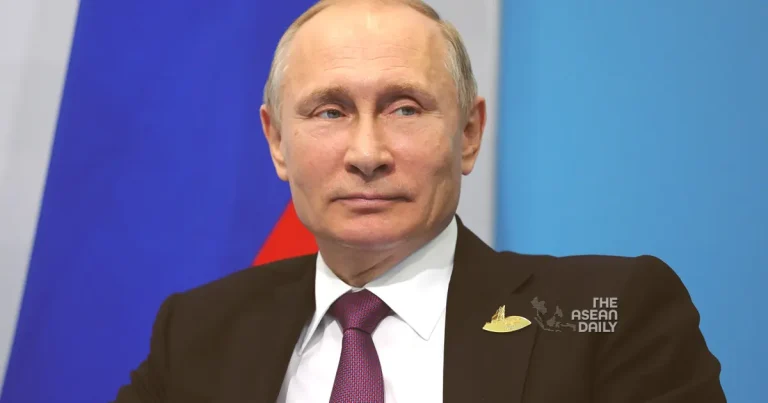19-11-2024 (MOSCOW) Russian President Vladimir Putin has approved significant modifications to Russia’s nuclear doctrine, broadening the circumstances under which the nation might consider deploying nuclear weapons, in what analysts view as a direct response to Western support for Ukraine.
The updated doctrine, ratified on Tuesday, introduces a crucial new provision: Russia now reserves the right to respond with nuclear force to conventional missile attacks if such assaults are backed by nuclear-armed states. This revision comes amid reports that the Biden administration may permit Ukraine to deploy American long-range missiles against Russian targets.
In a notable expansion of the doctrine’s scope, the Kremlin has introduced a “coalition clause,” stating that any aggressive action against Russia by a member of an alliance would be interpreted as an attack by the entire coalition. This modification appears particularly aimed at NATO’s collective security arrangements.
The timing of this doctrinal shift, mere weeks before the U.S. presidential elections, has raised concerns among international security experts. The changes represent the most significant revision to Russia’s nuclear posture since the outbreak of the Ukraine conflict, which has precipitated the most serious confrontation between Moscow and the West since the 1962 Cuban Missile Crisis.
This latest development marks a significant escalation in nuclear rhetoric, occurring against the backdrop of the ongoing Ukraine war, now in its third year. The conflict has already fundamentally altered the global security landscape and strained international diplomatic relations to breaking point.
The modification of Russia’s nuclear doctrine signals a potentially dangerous new phase in East-West relations, with implications for global strategic stability and international security frameworks that have governed nuclear deterrence since the Cold War era.




